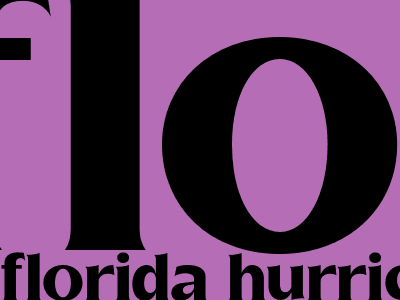
Florida Hurricane Season 2024: A Comprehensive Guide
Understanding the Season's Timeline and Potential Impacts
The Atlantic hurricane season officially begins on June 1st and ends on November 30th, with the peak season occurring from mid-August to late October. During this time, Florida is particularly vulnerable to hurricanes due to its geographical location and warm waters in the Gulf of Mexico and Atlantic Ocean.
Hurricanes can bring devastating impacts, including high winds, storm surge, flooding, and tornadoes. These storms can cause widespread damage to property and infrastructure, disrupt essential services, and pose significant risks to human life.
Preparing for Hurricane Season
Developing an Evacuation Plan
One of the most critical steps in hurricane preparedness is developing an evacuation plan. Identify potential evacuation routes and identify safe destinations outside of the hurricane's path.
Securing Your Home
Take steps to secure your home from hurricane damage by boarding up windows, securing loose objects, and elevating valuables to higher levels.
Consider installing hurricane shutters or impact-resistant windows for added protection.
Gathering Emergency Supplies
Prepare an emergency kit with essential supplies, including non-perishable food, water, first-aid supplies, medications, and important documents.
Staying Informed
Monitor weather forecasts and hurricane updates from reputable sources, such as the National Hurricane Center and local news outlets.
Hurricane Safety Tips
During a Hurricane
If a hurricane warning is issued for your area, follow the instructions of local authorities and evacuate if necessary.
Stay indoors and away from windows during the storm.
Avoid driving unless absolutely necessary, as roads may be flooded or blocked by debris.
After a Hurricane
Once the storm has passed, assess the damage to your property and contact your insurance company to report any claims.
Be cautious of downed power lines and other hazards, and do not enter flooded areas.